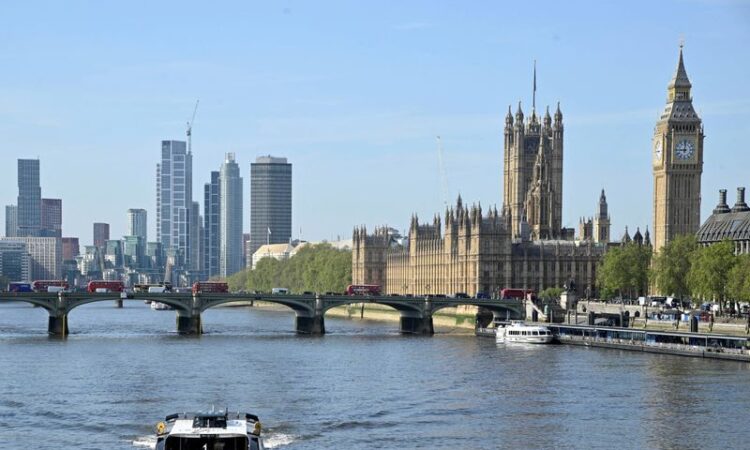
LONDON (Reuters) – An ongoing inquiry by Britain’s cross-party Treasury Committee said that eight of the country’s top banks shut almost 142,000 accounts held by small businesses in the last year, amid concerns some companies are struggling to access financing.
Figures supplied by Barclays, HSBC, TSB, Lloyds, Santander, NatWest, Metro and Handelsbanken showed 2.7% of the 5.3 million business accounts held by small companies were closed for reasons including risk appetite and financial crime concerns.
“We can see from these figures that thousands of small businesses fall foul of their bank’s risk appetite definition, leaving them without access to a bank account,” Chair of the Treasury Committee Harriett Baldwin said in a statement.
Only three of the banks listed “risk appetite” as a reason for closing accounts, with 4,214 cases listed.
Baldwin said this raised questions over whether discussions on ‘de-banking’, the industry term used to describe a customer having an account closed or refused, may be happening “informally” and not “systematically recorded”.
“One of the most startling pieces of evidence emerging from our inquiry … is the readiness of lenders to close business bank accounts with little or no notice,” she said, adding: “Any company engaged in a legal business activity in the UK should be able to find a bank to offer them a bank account.”
Britain’s Economic Secretary to the Treasury, Bim Afolami, is set to face questions from the Treasury Committee on Wednesday on whether banks are treating small business customers fairly and if legislation could offer better protection.
(Reporting by Sinead Cruise; Editing by Alexander Smith)





